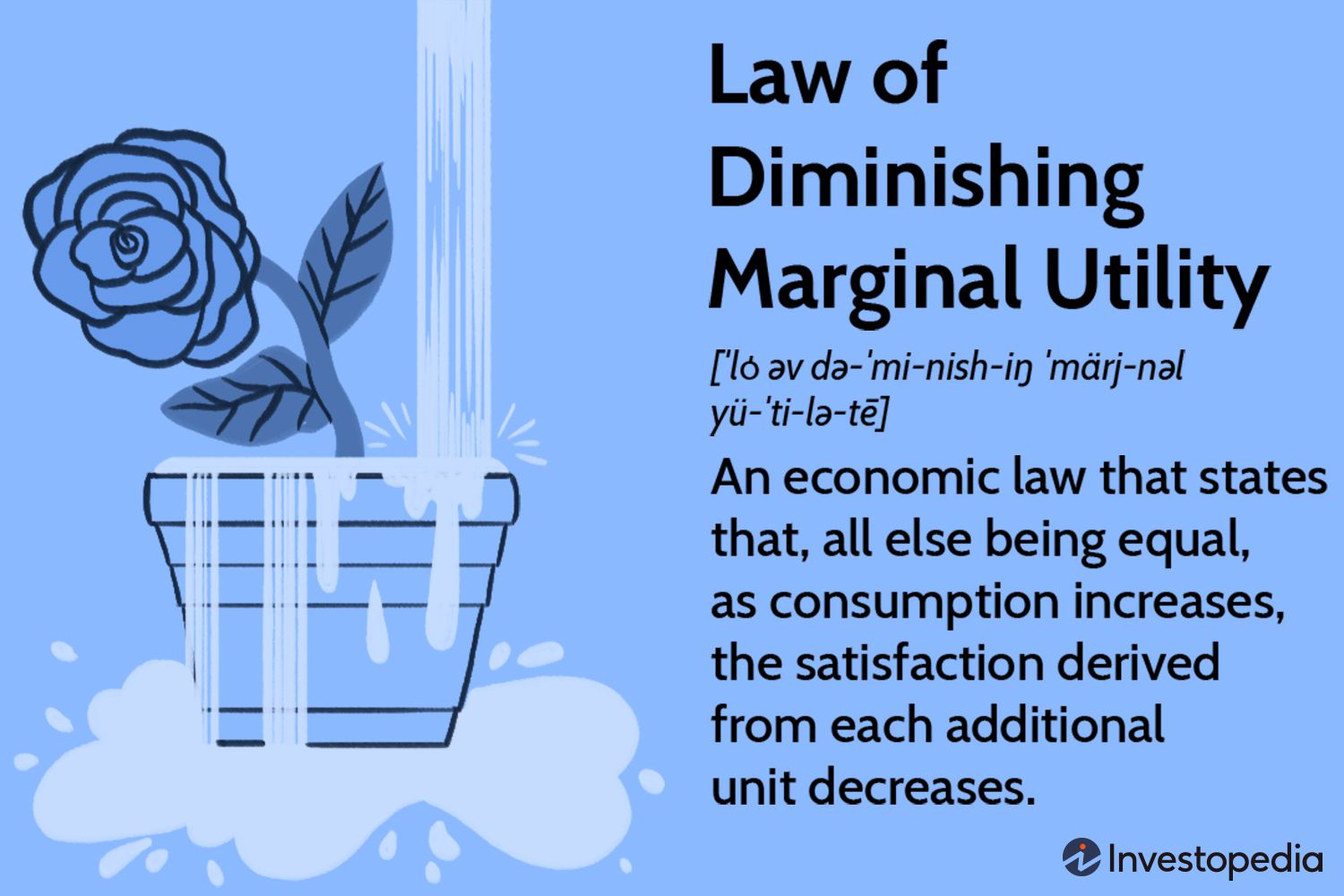The Law of Diminishing Marginal Utility
Mar 29, 2023
This paper explains the concept of the Law of Diminishing Marginal Utility. The law states that as a consumer increases their consumption of a good or service, their level of satisfaction derived from each additional unit consumed will decrease. In other words, the more one consumes something, the less likely they are to get any benefit from it. This law was first proposed by German economist Hermann Heinrich Gossen in 1854 and has been used extensively within economics since then.
The law has several implications for businesses and consumers alike. For example, if a business is looking to maximize its profits, it should set prices high enough to cover its costs but low enough so that customers find them attractive and buy multiple units of the product. On the other hand, consumers should be aware of the law before making their purchase decisions, as they may end up feeling unsatisfied if they buy too much of a good or.

Ultimately, understanding the Law of Diminishing Marginal Utility is important as it helps both businesses and consumers to make informed decisions that are beneficial for themselves and others. By setting prices at an optimal level, firms can ensure they remain profitable while customers can feel confident that they’re getting value for money when they make a purchase. Additionally, by being mindful of this law, individuals will be more likely to make wise choices when it comes to spending their hard-earned money.
In conclusion, the Law of Diminishing Marginal Utility is a useful economic concept that can help both businesses and consumers to make informed decisions by understanding the value they are getting with each additional unit consumed. By being mindful of this law, firms can maximize their profits while individuals will be more likely to make smart choices with their money.
